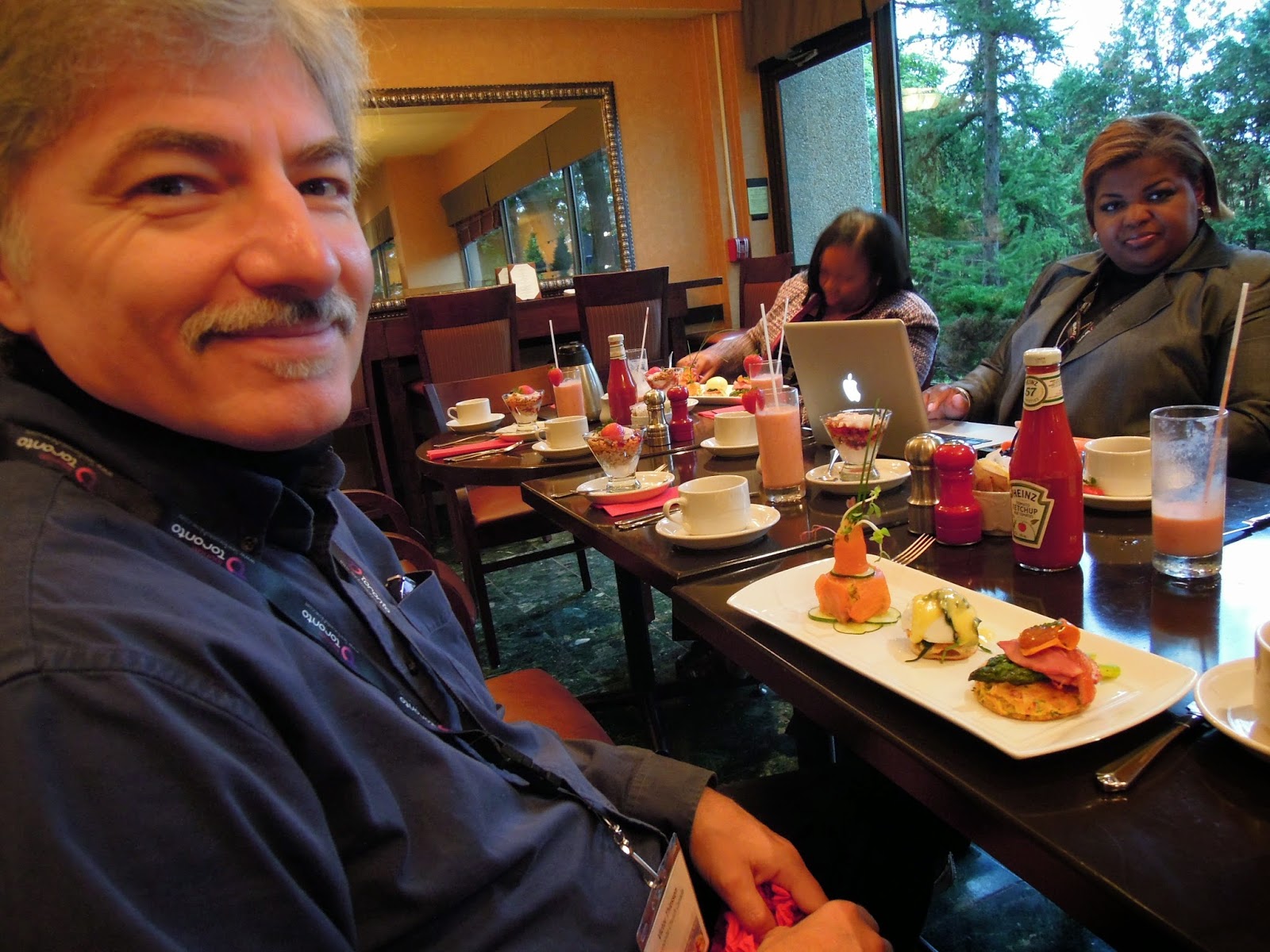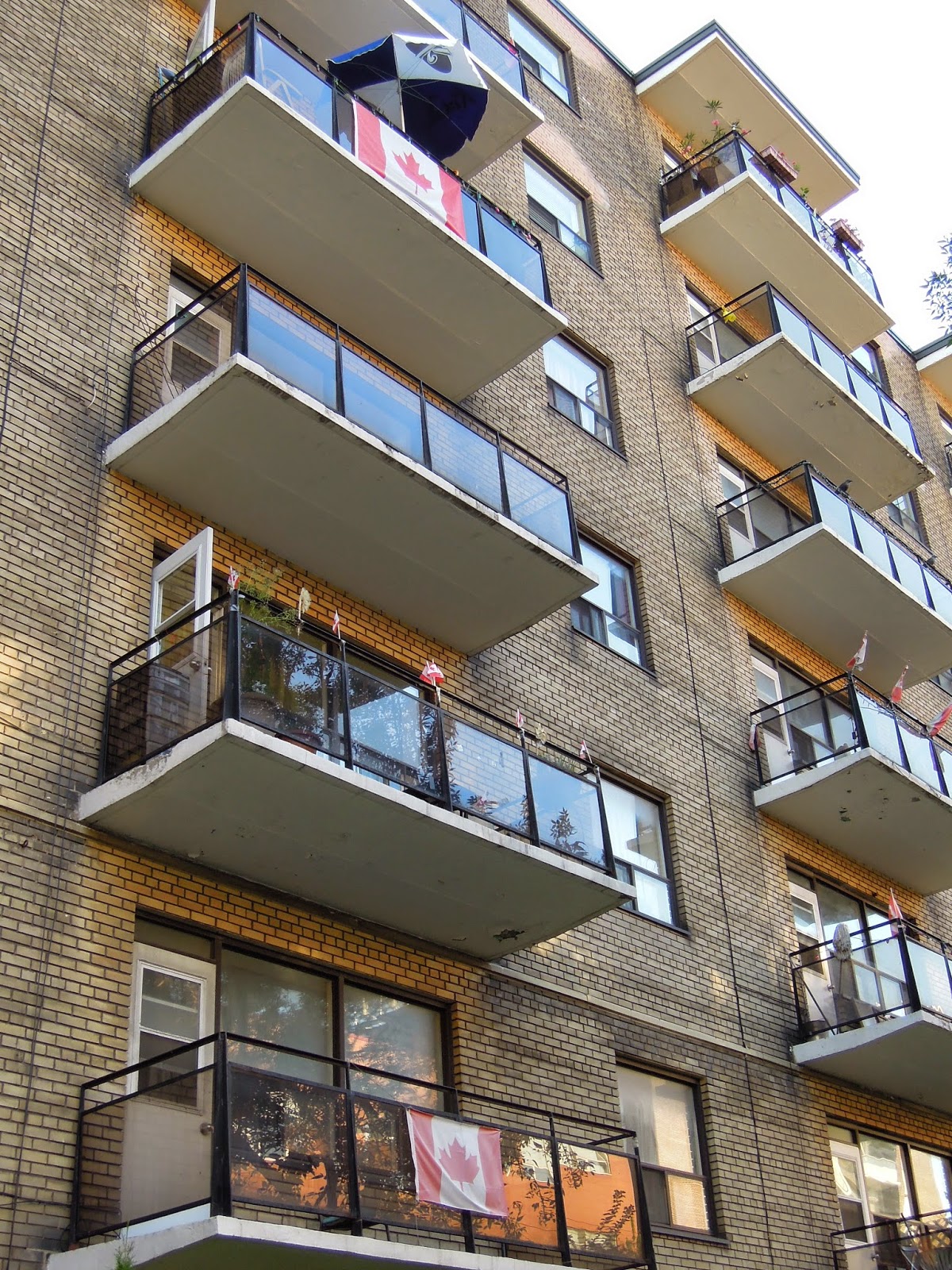A few months later as I planned a Kurdish supper fundraiser, I remembered that K. had told me she made Kurdish bread in her Canadian oven. So she taught me and we spent an day making 40 large rounds of bread that added a lot to my meal.
Now this summer the news began to come from Iraq of the people being displaced by the violent, militant forces.When I heard, via Facebook, of the Yazidi people fleeing Shingal and being trapped on the mountain I looked into the international section of our Winnipeg Free Press paper and saw nothing about it. So I sent in a news tip email and within two hours had a reply. I told the journalist that I knew of a community here in Winnipeg, So she contacted my acquaintances and the next day there was an article. This was published in early August in the Winnipeg paper.
(Sarah Taylor/ Winnipeg Free Press)
Nafiya Naso (middle) with her son Lavan, mother Koulan Fandi (right), father, Ahaz Jallo
and her older son Maher
Now, at the end of September, my activities finally slowed down enough for me to meet with the family again. Nafiya and her family were at her parent's house so I was able to see Koulan, as well as Nafiya's young boys. The TV was on a satellite Kurdish station telling of the attempts to push back the militant IS forces. They translated some of the top headlines for me while shaking their heads at the horror of the situation.
Nafiya told me that their families are scattered and some have lost their lives. She is helping to lead the community here in Winnipeg (40-50 families) to plan a memorial service for the many people of their faith who have died in the last two months. She would like to raise funds at that event to aid the displaced people in Iraq.
The family expressed gratitude that they were able to come to Canada about a decade ago, but also helplessness at only being able to watch what is happening in Iraqi Kurdistan. Nafiya said, "It is not only our people. There are people suffering from all different faiths. We can't just think about the Yazidi people. It is not a religious issue. It is a human rights issue."





